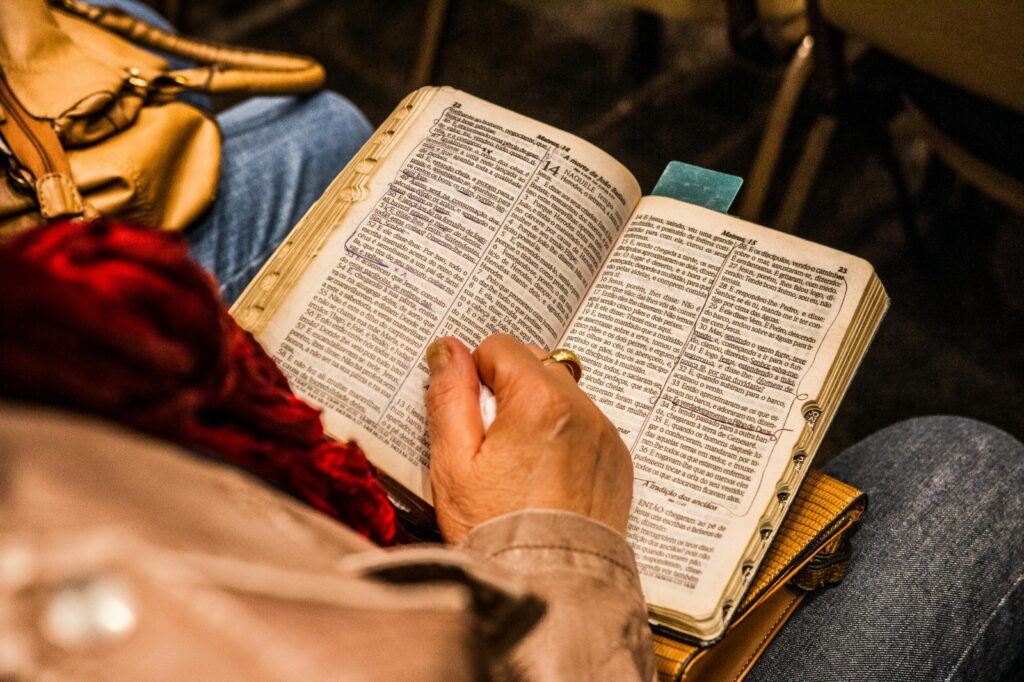Religious oppression has been a pressing concern throughout the ages of both individuals and societies across the globe. What started as localized religious conflicts several centuries ago has evolved into more profound forms of systematic suppression in contemporary times. In fact, the impact is not necessarily localized to one country or faith; rather, it is global repercussions that shape historical accounts as well as modern societies. This post explores the historical background of religious oppression.
Ancient History of Religious Persecution
The activities of religious persecution are very deep in human history. Religious persecution has been there since early ancient times. Most of the early civilizations took on the tradition of state-imposed religions and crossing the lines often exposed people to grave punishment. For example, in ancient Rome, the Christians were merely executed in the most vicious ways for not going to worship Roman gods. The Spanish Inquisition is a very dark example of this type of use of religion as a political and social tool in the 15th century to persecute Jewish, Muslim, and Protestant Christians. Such prior examples have led the way for religion to be used to maintain power and quell dissent.
The Role of Religious Oppression in Colonialism
Colonialism was made more radical by religious oppression. The latter took the shape and form of all European empires’ efforts to impose Christianity on the supposedly more primitive natives. With this conversion, many spiritual practices that the natives had practiced from earlier times were forced into oblivion. This resulted in the decline of most of these indigenous cultures. There, within Latin America, Africa, and parts of Asia, colonial rulers often combined religious conversion with political control as they saw the faiths of indigenous peoples to impede their dominance. Destruction of local belief systems within that period has lasting effects on the cultural identity and spiritual life of those regions.
Modern Examples of Christianity Oppression
Religious oppression is not only a historical issue but has also become a contemporary challenge today. However, there are many present-day examples of Christian persecution all over the world, especially where authoritarian governments prevail. Take North Korea, for example, does not allow Christians to practice because it monopolizes the means of religious expression openly. There are other areas in the Middle East where Christian minorities undergo violence and discrimination. And in some cases, extremist groups have led them out of their homes. These forms of religious persecution are often hand in glove with more general political and social conflicts. Hence, the battle for religious freedom is complicated.
Impact of Religious Oppression on Society
Religious oppression has a ripple effect on individuals and society at large. For instance, the persecuted individual, based on his religion, is made to spend time behind bars and face violence or social exclusion. This affects not only their religious freedom but also their mental and emotional balance. On a social level, religious oppression leads to cultural disintegration and social confusion. If religious groups are marginalized, the tension that subsequently arises between communities often lasts for generations. Suppression of religious freedom also touches pluralistic societies in terms of having diverse beliefs coexist.
International Efforts to Stop Religious Oppression
There are many recent efforts to combat religious oppression globally. Such international agencies, including the United Nations, have implemented measures to advocate religious freedom and ensured governments are called to account concerning their policies against religious minorities. Many NGOs have also made strenuous efforts to bring attention to religious persecution and amplify the voices of victims of religious persecution. Still, there is much left to be done because religious intolerance remains a phenomenon of subtle as well as overt forms in every corner of the earth.
Conclusion
The history of religious persecution betrays an ever-constant strain of intolerance dating back centuries. The problem of Christian persecution in places such as North Korea and the Middle East further tells but one story of the condition of religious minorities around the world. From here onwards, governments, communities, and individuals must rise against religious oppression and move towards a future wherein the will to practice faith without fear would triumph. Only if we continue to campaign relentlessly and work together can we look forward to the end of that seemingly endless cycle of religious intolerance and oppression.

